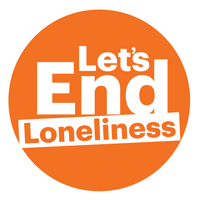Not feeling the holiday cheer this year? The gap between expectations and reality can leave people feeling lonely. But older people in particular may have certain relationship expectations that have gone overlooked in efforts to measure and fight loneliness, experts say.
If the “most wonderful time of the year” isn’t your reality, you’re not alone. You might have an idea of a festive picture-perfect holiday season, but what actually transpires doesn’t always measure up.
And that’s where loneliness comes from, says King’s College London graduate student Samia Akhter-Khan, first author of a new study on the subject.
“Loneliness results from a discrepancy between expected and actual social relationships,” Akhter-Khan said.
Together with Duke psychology and neuroscience Ph.D. Leon Li, Akhter-Khan and colleagues co-authored a paper on why people feel lonely, particularly in later life, and what we can do about it.
“The problem that we identified in current research was that we haven’t really thought about: What do people expect from their relationships?” Akhter-Khan said. “We work with this definition of expectations, but we don’t really identify what those expectations are and how they change across cultures or over the lifespan.”
In every relationship, we expect certain basics. We all want people in our lives who we can ask for help. Friends we can call on when we need them. Someone to talk to. People who “get” us. Someone we can trust. Companions with whom we can share fun experiences.
But the team’s theory, called the Social Relationship Expectations Framework, suggests that older people may have certain relationship expectations that have gone overlooked.
Read the full article in Science Daily here.
